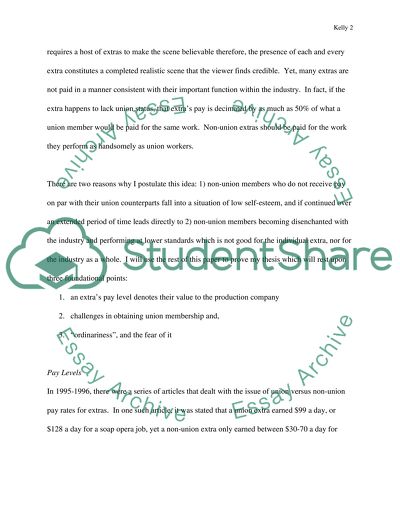Cite this document
(“Long Term Effects of Being a Non-Union Actor Essay”, n.d.)
Long Term Effects of Being a Non-Union Actor Essay. Retrieved from https://studentshare.org/professional/1524340-long-term-effects-of-being-a-non-union-actor
Long Term Effects of Being a Non-Union Actor Essay. Retrieved from https://studentshare.org/professional/1524340-long-term-effects-of-being-a-non-union-actor
(Long Term Effects of Being a Non-Union Actor Essay)
Long Term Effects of Being a Non-Union Actor Essay. https://studentshare.org/professional/1524340-long-term-effects-of-being-a-non-union-actor.
Long Term Effects of Being a Non-Union Actor Essay. https://studentshare.org/professional/1524340-long-term-effects-of-being-a-non-union-actor.
“Long Term Effects of Being a Non-Union Actor Essay”, n.d. https://studentshare.org/professional/1524340-long-term-effects-of-being-a-non-union-actor.


